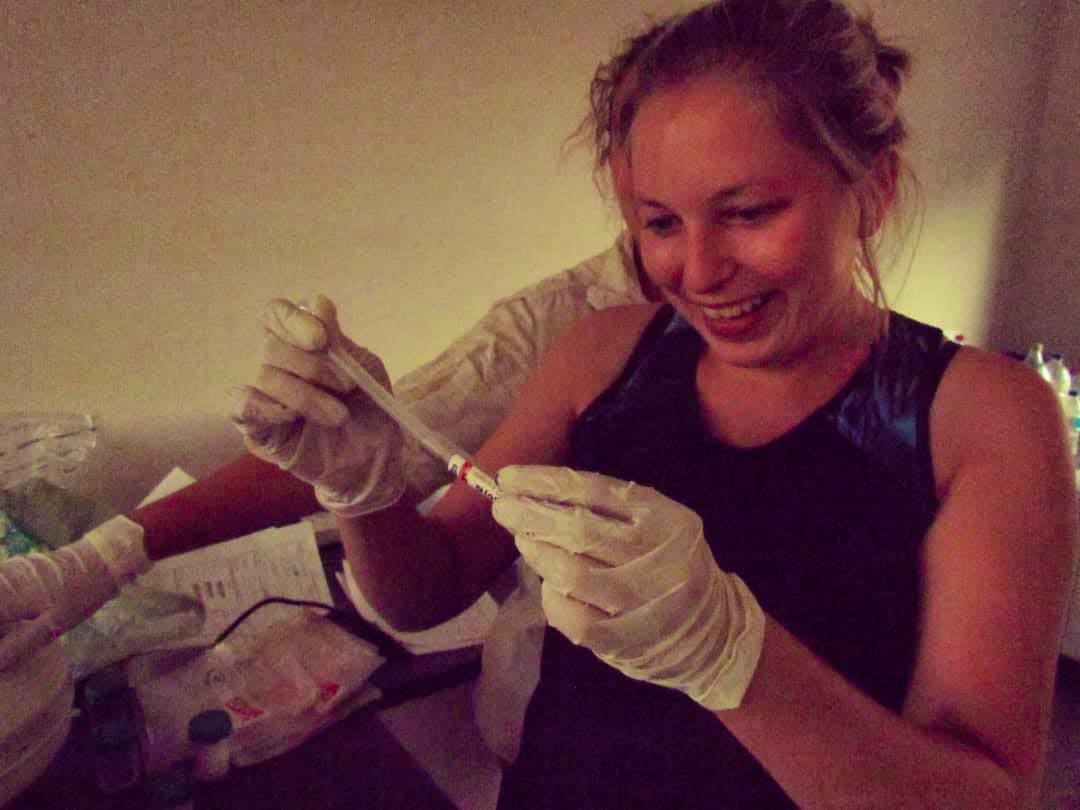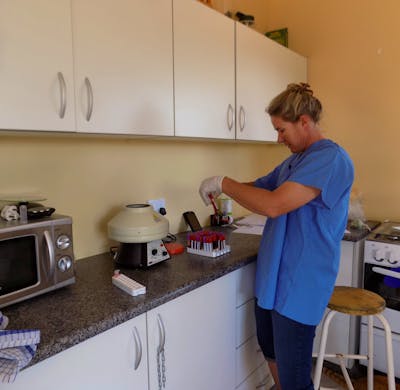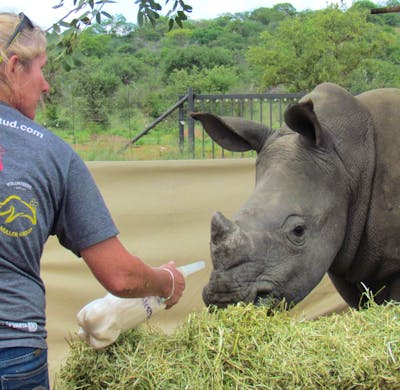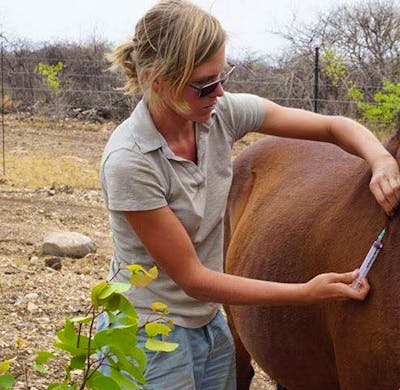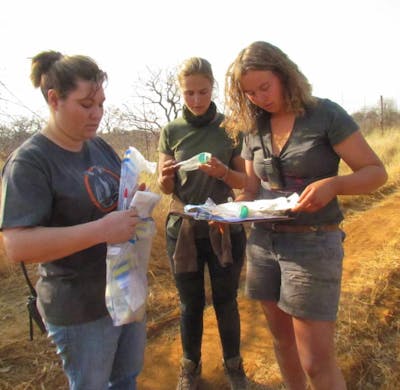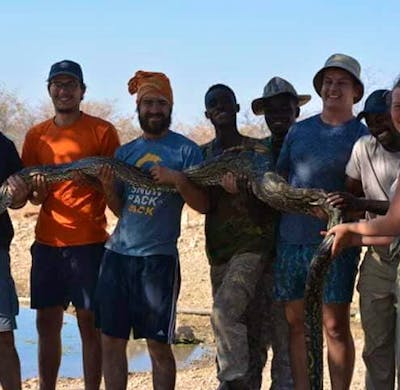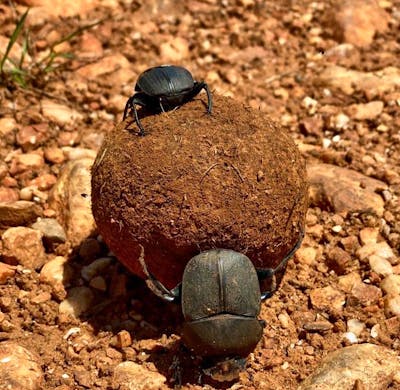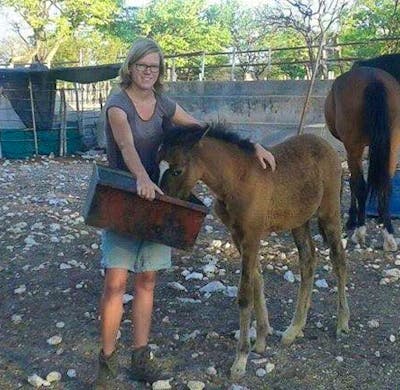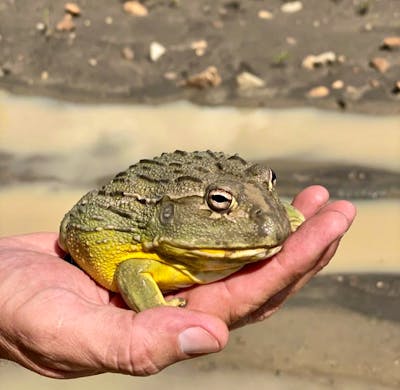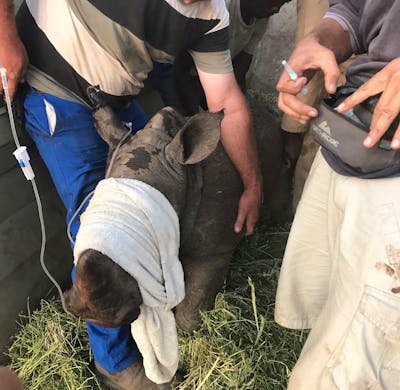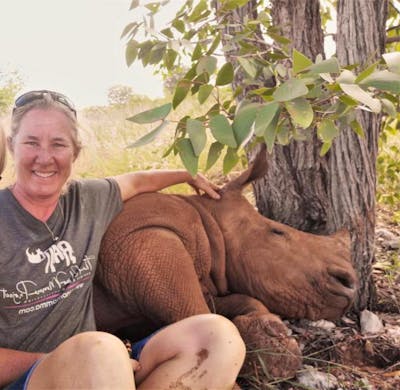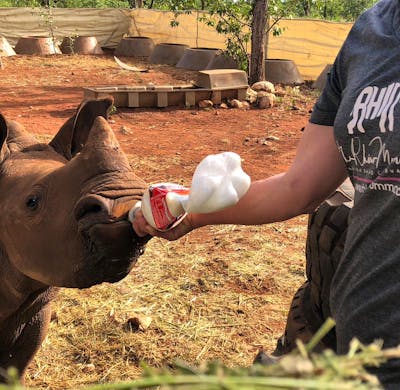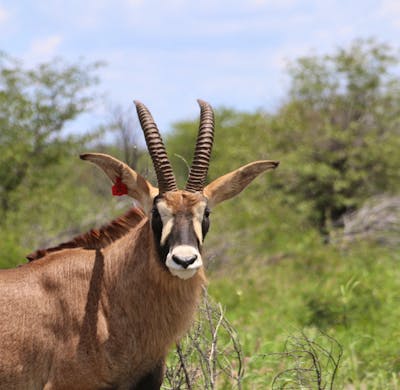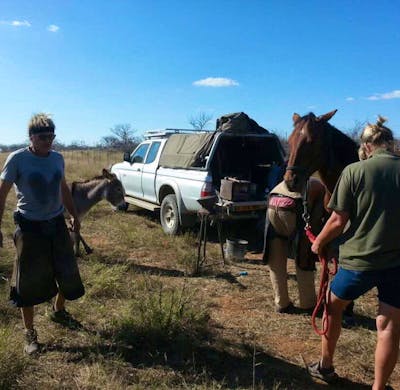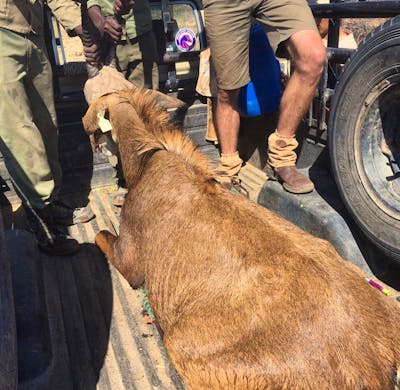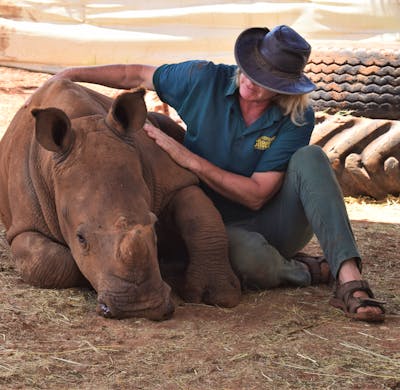2018 at Husbandry
from 3,528€
Husbandry
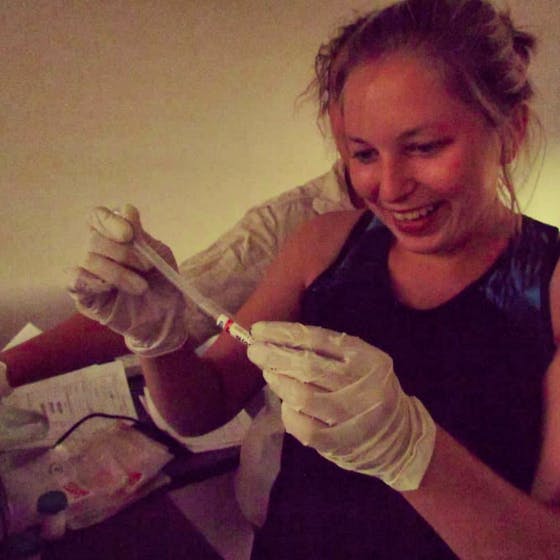
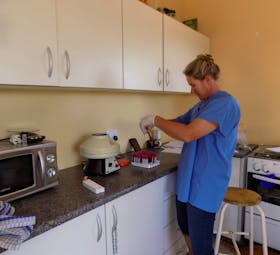
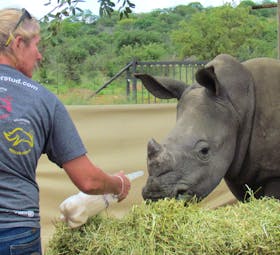
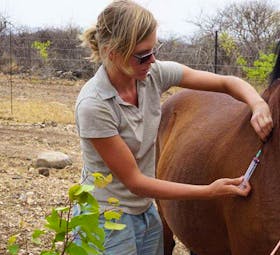
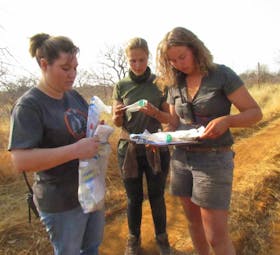
Especially suitable
About the program
Interns being involved in daily caring, handling & looking after wildlife & some domestic animals, game captures, working with sick or injured animals.
INTERNSHIP - Veterinary / Animal Science / Wildlife Biology / Wildlife Management
- Game capture: Help with game capture
- Injured animals: Help treat and look after the sick and wounded animals
- Administration: Help with day to day administration
- Clinic: Cleaning of the clinic, equipment
- Game Count: He
Typical day
We usually start at about 07:00 am and finish around 17:00 pm. But it all depends on what is happening on the day. 2hr lunch break
Free-time activities
I your free time there is various things to do, on and of the farm. On the farm, go for a walk, bird watching, swimming. Off the farm, go on safari/tour and explore the country, Etosha National Park is just around the corner
Requirements
What's Included
What's NOT included?
Details on arrival
Our program runs throughout the year.
Program fees
Meet your organization
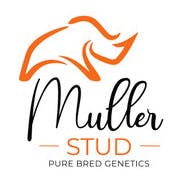
Muller Stud Namibia
Agency - founded in 2014
Verified by Volunteer World
Coordinated by
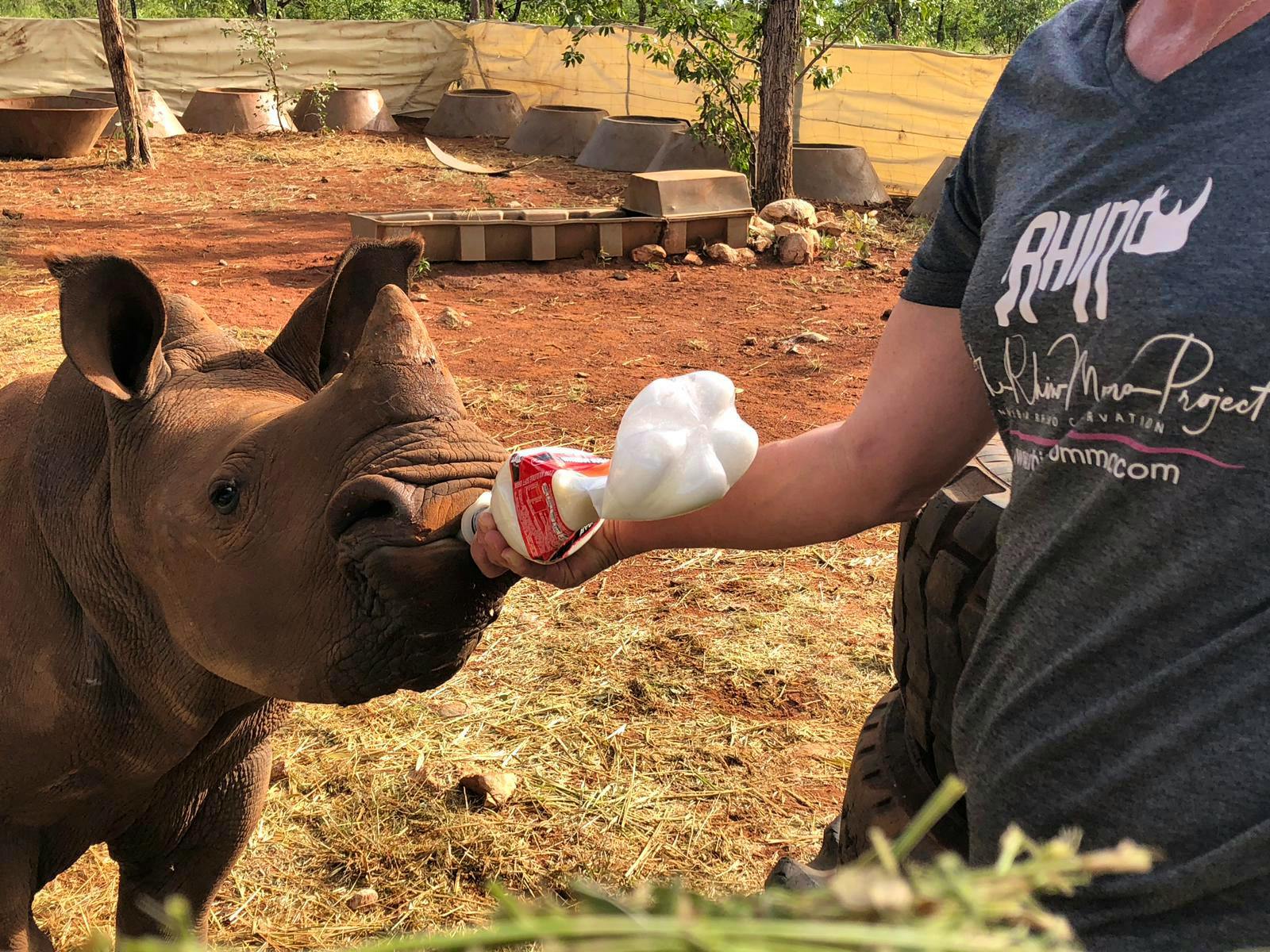
Amber-Lee
About the project
11 reviews ·  4.9
4.9
Location

You might also be interested in
-
Veterinary Training
Intern Abroad
Voluntouring
Couples
Animals in Africa
Global Volunteer Opportunities
African Wildlife
Projects Abroad
Adults
Group Volunteering
Wildlife in Namibia
Best Volunteer Programs
Volunteer Trips for College Students
